
Cats can live a long time. The average lifespan of a cat is about 15 years, which means they'll often even outlive most of our pet dogs. A teenage cat, or even one in their 20s, is not uncommon to see.
Many factors can play a role in determining how long your cat might live. Regular veterinary care, a balanced diet, and a safe environment are crucial for a cat's longevity. Additionally, genetics and lifestyle can significantly impact a cat's lifespan.
Cats have been kept as pets for thousands of years. They originate from the Near East countries where they were domesticated from wild cats to help control rodent populations. These cats spread throughout the world as pets, and we eventually started selectively breeding them for specific traits, thus creating different breeds.
The primary cat breeds were originally bred using cats from four major regions; the Arabian Sea, the Eastern Mediterranean, South Asia, and Western Europe. These four regions have produced cats that have different genetic markers based on what region, or race, they are from.
While it is impossible to know exactly how long a cat will live, some breeds of cats are known to often live longer than others. The Siamese and Manx cat breeds are two that often outlive their cat competition, but other breeds have been recorded as living into their 20s and even 30s. Both purebred and domestic mixed-breed cats have the potential to surpass the average lifespan of the species.
Cats primarily eat meat, so they are considered obligate carnivores, and this should be reflected in the food we feed them. A lot of research has been done to determine the dietary needs of a house cat, so the food options that are available to cat owners are plentiful.
But not all foods are created equal. Adult cats cannot digest large amounts of carbohydrates or lactose, so these are unnecessary ingredients in their food. Carbohydrates can even decrease how much protein is digested, so they are, in fact, harmful to a cat. Proteins, on the other hand, are very important. Cats require a large amount of protein when compared to dogs due to their unique digestive system. Adult cats should receive at least 5.5 grams of protein a day per kilogram of weight. This means the average 8-pound cat (roughly 3.6 kilograms) needs to consume at least 20 grams of protein each day and often much more.
Essential amino acids are also very important to a cat. Taurine, methionine, and cystine are some of these essential amino acids, and without them, important vitamins, and the proper amount of protein, a cat’s health may suffer greatly.
Of course, a cat that doesn’t eat a healthy diet may develop health issues, but parasites and diseases can also affect their health. Some diseases have long-term effects on cats and may also shorten their lifespan.
Poor genetics, immune-compromised cats, and cats that have compromised organ functions might not live as long as healthy cats.
Some cats are considered indoor pets, others are strictly outdoor pets, and others still will be indoor/outdoor pets that split their time between environments. The daily risks that outdoor cats take are much higher than those of an indoor cat, so the lifespan of an outdoor cat is often cut short. Avoiding getting hit by vehicles, hurt by wild animals and eating toxins, finding food, surviving the elements, and being exposed to various parasites and diseases may all be daily challenges for an outdoor or indoor/outdoor cat. The more time a cat spends outside, the greater the risk is of an injury or illness from that environment.
Indoor cats are not exposed to as many risks since they are sheltered inside a secure home. Wild animals and vehicles pose no threats to an indoor cat, their diet is typically controlled, and toxin, parasite, and disease exposures are lessened, especially if they are vaccinated and on preventative medications.
The same is true for big cats like lions, tigers, ocelots, and other wild cats. These cats that reside in zoos often outlive their wild counterparts.
Guinness World Records lists the oldest cat as having lived 38 years and three days. Crème Puff was a domestic shorthair cat that was sometimes fed odd things such as asparagus, eggs, and heavy cream. She was born in 1967 and died in 2005 in Austin, Texas. It is unknown exactly how Crème Puff was able to live to be such an old cat, but a combination of loving care, good genetics, and a safe environment were probably key factors.
While we never have complete control over our cats' lives, we can be sure to offer them a safe, healthy, and loving environment to increase the odds of them living a long life.

Cute Pictures & Facts About Calico Cats & Kittens
Learn fascinating facts about calico cats, including photos, the genetics behind this color combination, and common folklore and traditions.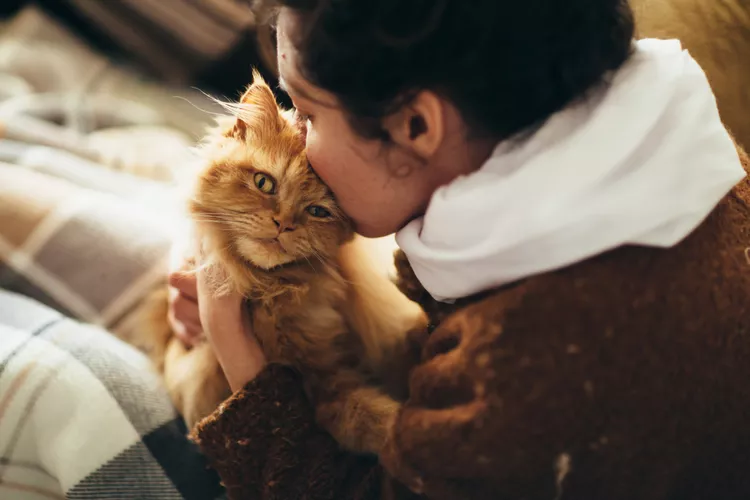
How to Prevent Cat Separation Anxiety During Vacations
Discover why cats develop litter box problems and cat behavior problems when you go on vacation and what you can do about it to help them.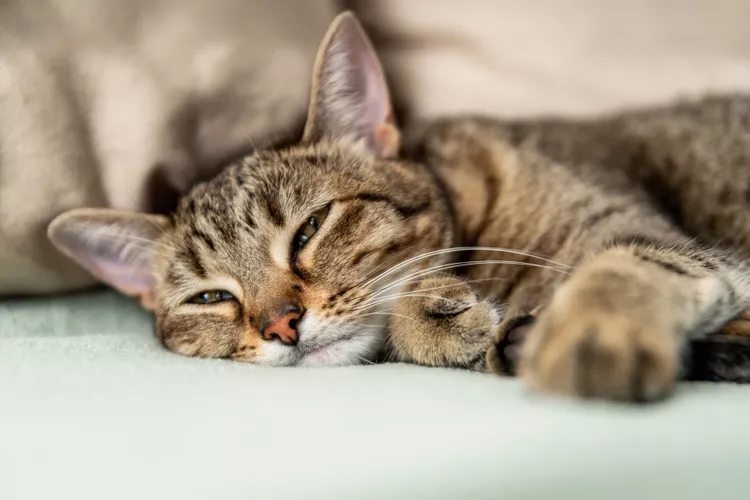
Cat Behavior Changes That Might Mean Something's Wrong
Cats' behavioral changes may indicate problems—or they may mean nothing at all. Explore causes of odd behavior and what to do about them.
Lhasa Apso: Dog Breed Characteristics & Care
The Lhasa apso is an ancient breed from Tibet that was bred to be a watchdog. Learn about its history, health, exercise needs, and more.
Reasons Why Dogs Run Away and How to Stop It
Dogs can escape, especially if they’re bored and not properly contained. Here are some techniques for stopping your dog from running away.
Can Dogs Get Depression? How to Help Your Sad Dog
Can dogs get depression? Learn about the signs of depression in dogs and find out how to help your sad dog.
How to Stop Aggression in Dogs
Dog aggression can be a serious behavior issue for pet owners. Learn how to stop aggression in dogs before someone gets hurt.
How to Stop Your Dog From Growling
A growling dog can soon become even more aggressive. Reduce the noise and potential for a dangerous situation with some of these techniques.
Why Do Dogs Dig Holes? How to Stop Your Dog from Relandscaping Your Yard
Dogs have been digging holes for centuries and for many reasons. Whether they’re bored or want to cool off in the dirt, here are the top reasons why dogs dig holes.
Dog Treat Varieties
Learn about the different types of dog treats on the market and decide which are best for your dog.
Can Dogs Eat Asparagus?
Dogs can eat asparagus, provided the vegetable is cooked plain and cut up for them. Seasonings, salt, and butter make it unhealthy for dogs.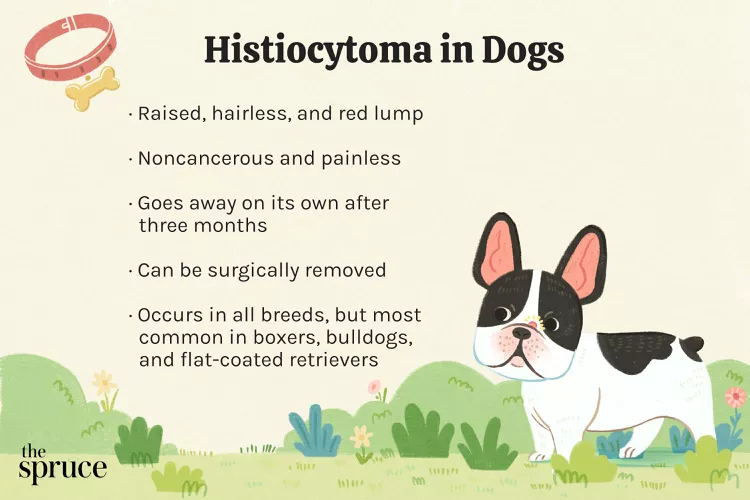
Histiocytomas in Dogs
A histiocytoma is a type of benign (non-cancerous) skin lump that usually affects young dogs. Learn the causes, treatment, and prevention.
Why Is My Dog’s Eye Swollen?
If your dog's eye is swollen, she may need veterinary attention. The inflammation could be caused by allergies, an injury, or even a tumor.
Common Bugs and Parasites Found on and Inside Dogs
Learn about common types of parasites in dogs. Find out how to treat and prevent parasites to keep your dog, your family, and yourself safe.
Exploring the Different Types of Pet-Friendly Beaches
Are you looking for pet-friendly beaches? Learn about the different types of pet-friendly beaches, their locations, and tips for visiting them with your pet.
10 Obscure, Little-known Canine Facts in Honor of National Dog Day
With National Dog Day upon us, it's time to celebrate everything about our favorite pets—even the weirder stuff. Here are 10 obscure facts about dogs you probably didn't know.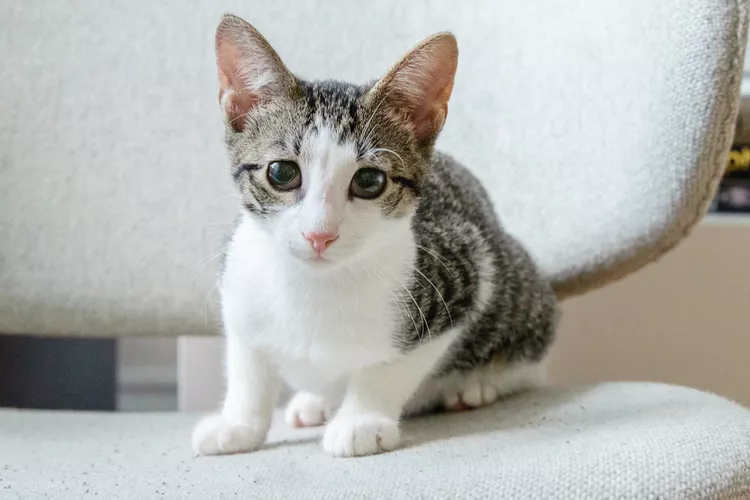
Kitten Development From 3 to 6 Months Old
Kittens grow and change a lot during their first year. Find out what happens between the ages of three months and six months old.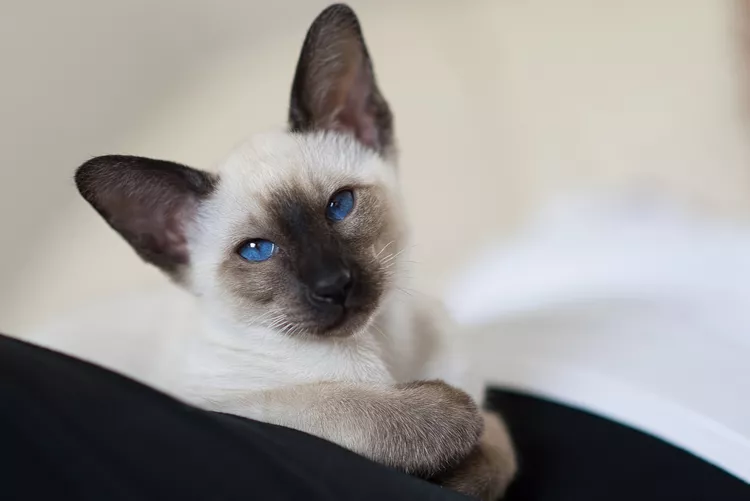
95 Siamese Cat Names
Our list of Siamese cat names has diverse and fun options to help you choose the ideal moniker for your elegant and lovable feline companion.
What to Buy for Your New Cat: A List of Essentials
Before you bring your new cat or kitten home, there are a number of things to collect or buy so your cat will feel welcomed like a family member.
The 6 Best Cat Nail Clippers of 2024 for a Safe Trim
Clipping your cat's nails can save your furniture and keep your kitty comfortable. We asked veterinarians for their cat nail clipper recommendations.